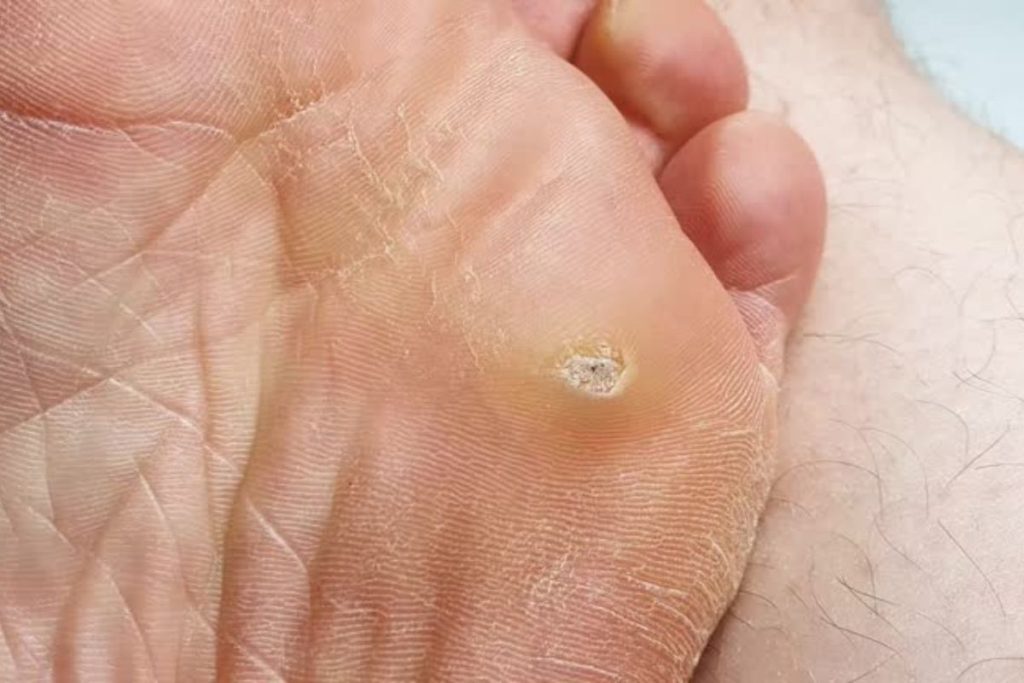What Your Feet Say About Your Health: 5 Key Signs
Our feet often bear the first signs of underlying health issues. Paying attention to them can reveal important clues about your overall wellbeing. At The Barefoot Clinic, we’re here to help you understand and care for your feet. In this article, we’ll explore five key signs your feet might give you about your health and what they could mean.
1. Cold Feet
Constantly cold feet, even in warm conditions, could signal poor circulation. Circulatory issues can arise from conditions such as:
- Peripheral Arterial Disease (PAD): Narrowing of blood vessels reduces blood flow to the extremities.
- Diabetes: A common cause of reduced circulation.
If your feet are often cold, consider consulting a healthcare provider to rule out these or other circulatory problems.
2. Swollen Feet
Swelling in your feet, also called oedema, can be a sign of several conditions, including:
- Heart or Kidney Issues: Fluid retention due to inefficient organ function.
- Injury or Inflammation: Sprains or infections can cause localised swelling.
- Pregnancy: Hormonal changes often lead to fluid build-up.
If swelling persists or worsens, it’s essential to seek professional advice.
3. Discoloured Nails
Changes in toenail colour can provide insights into your health:
- Yellow Nails: Could indicate fungal infections or chronic respiratory issues.
- Blue or Purple Nails: May suggest poor oxygenation, often linked to circulation or lung problems.
- White Spots: Often harmless but can result from trauma or a zinc deficiency.
Regular foot health checks can help address nail discolouration and identify any underlying causes.
4. Numbness or Tingling
If your feet often feel numb or tingly, it might point to nerve-related issues like:
- Peripheral Neuropathy: Common in people with diabetes, this condition affects the nerves in your feet.
- Vitamin Deficiencies: Particularly a lack of Vitamin B12, which supports nerve function.
Persistent numbness should always be assessed by a healthcare professional.
5. Dry or Cracked Skin
Excessively dry skin, especially around the heels, can signal:
- Thyroid Problems: An underactive thyroid can lead to dry, flaky skin.
- Fungal Infections: Athlete’s foot often causes dry, itchy skin.
Keeping your feet moisturised and seeking professional help for persistent dryness can prevent further complications.
How to Keep Your Feet Healthy
Here are some simple steps to maintain good foot health:
- Wear well-fitting, comfortable footwear.
- Inspect your feet regularly for any changes.
- Moisturise your feet daily to prevent dryness.
- Seek professional foot care if you notice persistent issues.
At The Barefoot Clinic, we offer tailored treatments for common foot issues. If you’re concerned about any of the above signs, get in touch for expert advice.
FAQs
What should I do if my feet are constantly cold?
Consult a healthcare professional to check for circulatory issues or underlying health conditions.
Are swollen feet always a cause for concern?
Occasional swelling might not be serious, but persistent swelling should be evaluated by a professional.
Can dry, cracked skin lead to serious problems?
Yes, untreated dryness can result in painful cracks, infections, or more severe complications, especially for diabetics.
How often should I check my feet for changes?
Inspect your feet daily, especially if you have diabetes or other conditions affecting foot health.
What’s the best way to treat fungal infections?
Use antifungal creams and powders as directed, and maintain good foot hygiene. Seek professional help if the condition doesn’t improve.



